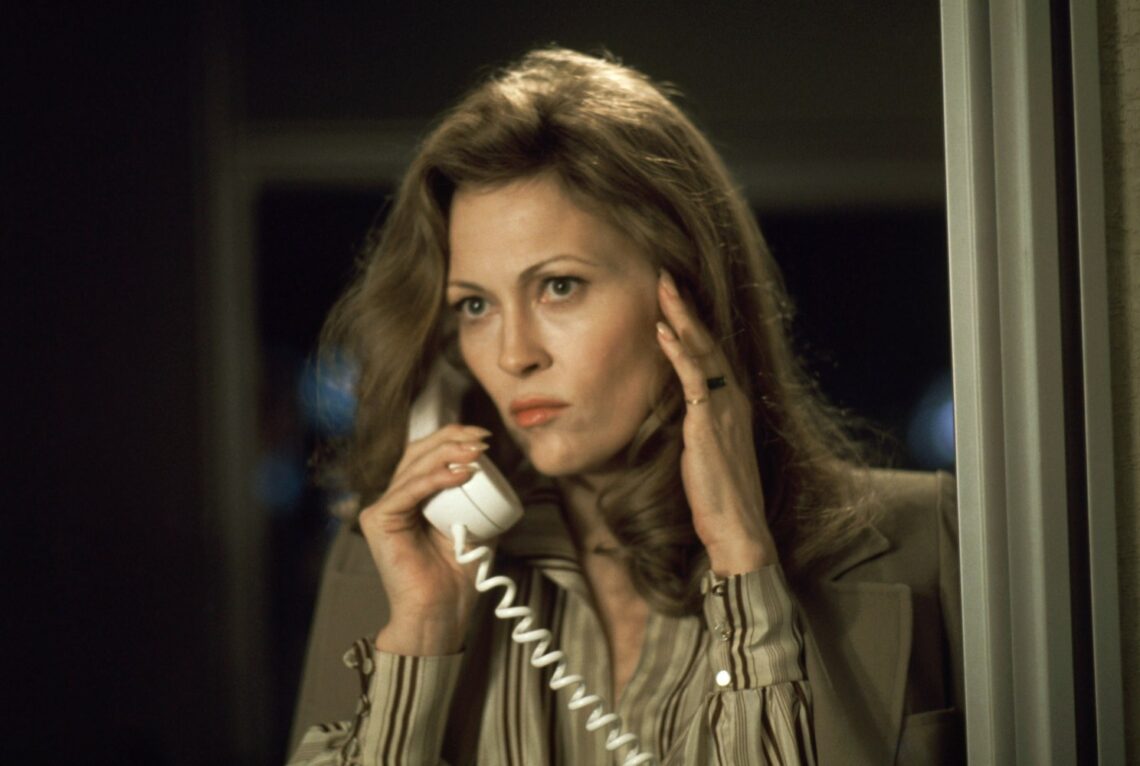Exploring the enigmatic allure of Faye Dunaway: A deep dive into the HBO documentary “Faye”
The world of Hollywood is often a labyrinth of glitz, glamour, and hidden shadows. Few stars have navigated this maze with as much intensity and complexity as Faye Dunaway. The HBO documentary “Faye,” directed by Laurent Bouzereau, offers an addictive and essential portrait of this iconic actress, revealing the intricate layers of her personality and career.
A diva’s candid reflections
In “Faye,” Dunaway, now in her early 80s, is interviewed extensively, providing a raw and unfiltered look into her life. Seated on a couch in her New York apartment, she begins by chastising someone for bringing her water in a bottle instead of a glass—a sign that the documentary will explore her well-known diva persona with a touch of humor. This candidness sets the tone for a film that delves into the volcanic and troubled aspects of Dunaway’s personality, which she poured into her roles, making her one of Hollywood’s greats.
The double-edged sword of being “difficult”
Dunaway’s reputation for being “difficult” is a central theme in the documentary. By her own admission, she was demanding, perfectionistic, and obsessive in her pursuit of acting. These qualities, often celebrated in male actors, were used to label her as problematic. The film acknowledges her struggles with bipolar disorder and alcoholism, highlighting the unfairness of how her offscreen reputation became nearly mythological.
A misunderstood legacy
At her peak, Dunaway was a Hollywood star of immense talent. However, her flamboyant performance as Joan Crawford in “Mommie Dearest” and her Oscar-winning role in “Network” led to a cultural perception that conflated her characters with her real-life persona. In “Network,” Dunaway’s portrayal of a power-hungry television executive was criticized by feminists for its dark and unforgivable nature. Yet, Dunaway defended the performance as an expression of feminism, arguing that women in new roles shouldn’t always be admirable. This perspective aligns her with the likes of De Niro and Pacino, who were celebrated for their flawed, human characters.
The misunderstood brilliance of “Mommie Dearest”
“Mommie Dearest” was released 40 years too early, according to Mara Hobel, who played the young Christina Crawford. The film’s camp flamboyance was always fun, but it was punished for falling between the cracks of being a serious movie and a conscious piece of trash. Dunaway herself calls the film a “mistake,” yet its enduring popularity suggests otherwise.
A journey through Dunaway’s career
“Faye” covers Dunaway’s small-town Texas roots, her family demons, her revolutionary film career, her passion for the stage, and her romantic relationships. The documentary paints a comprehensive picture of a woman whose reputation for being “difficult” was both earned and a product of a less enlightened time.
The magnetic allure of “Bonnie and Clyde”
As a kid, I was captivated by Dunaway in “Bonnie and Clyde.” Her beauty was unique, always in motion, and her emotions were palpable. Her anger in the film was defining, charged, lyrical, and cathartic. It was like the anger of Barbara Stanwyck or Bette Davis made modern and expressive.
The tour de force of “Chinatown”
“Chinatown” (1974) is perhaps Dunaway’s greatest performance. Her portrayal of Evelyn Mulwray is luminous, silken, and charged with tremulous despair. The film’s mazelike evocation of political corruption and rot surrounds her performance, but Dunaway’s character is the beating heart of the story. The “She’s my daughter, she’s my sister” scene is extraordinary, with Dunaway delivering a performance that elevates noir to the level of Greek tragedy.
A star’s evolution
Born in 1941, Dunaway’s transformation from a moon-faced farm girl to a Hollywood star is remarkable. Her acting ambition always pulled her to the fraught side of things, as evidenced by her college production of “Medea.” The film charts her move to New York, her studies with Elia Kazan, and her breakthrough in “Bonnie and Clyde.”
The idiosyncrasies and relationships
The documentary shares tales of Dunaway’s idiosyncrasies on set, like her addiction to Blistex. It also explores her tempestuous love life, including relationships with Jerry Schatzberg, Marcello Mastroianni, and her marriages to Peter Wolf and Terry O’Neill. Her son, Liam, is prominently featured, showcasing her motherly devotion.
A profound Hollywood portrait
The famous photograph of Dunaway lolling next to a swimming pool at the Beverly Hills Hotel the morning after her Oscar win in 1977 is one of the most profound Hollywood portraits. The look on her face, suggesting a sense of “Is that all there is?,” could only come from an actress of daunting ambition.
“Faye” is a documentary that not only celebrates Dunaway’s extraordinary career but also invites us to reflect on the complexities of fame, talent, and the human spirit. The film leaves us with a deeper understanding of Faye Dunaway, a star who continues to captivate and inspire.

 Italian
Italian







